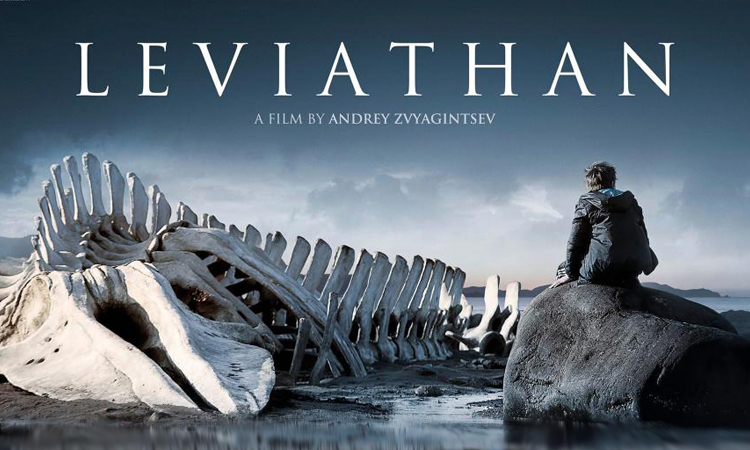Watching Leviathan, the Russian film nominated for Best Foreign Film at this year’s Academy Awards, I was swept up in a heart-pounding, compelling tragedy. But there was something more than the pleasures of a good story, brilliantly told. This tale of one man’s struggle against political oppression—a reworking of the biblical story of Job, the archetypal sufferer—isn’t just a powerful film, but also an act of courage. The director, Andrey Zvyagintsev, is working in a context where opponents of the political establishment have been imprisoned and even killed, yet his film takes aim at that establishment, exposing its selfish ambition and petty cruelties. Leviathan joins the ranks of films that seek to bring into the light the experience of people living under someone else’s thumb. It laments their suffering and challenges the audience to ask ourselves how we will now live, in the light of knowing about their lives.
Watching Leviathan caused me to remember other films whose makers were taking a risk, films that stand up to power and call out for an alternative to the way things are. To welcome the release of Leviathan, here are some other examples of courageous cinema—the kind of cinema that shows us who we are, and the better kind of people we could become.

Munich
In this 2005 film, Steven Spielberg told the story of one act of terror being avenged as a textbook example of an eye for an eye leaving everyone blind. We understand how the cycle of violence will only end when one person has the courage to step back from taking revenge. It was brave to make a film so critical of one war on terror when another had just begun.
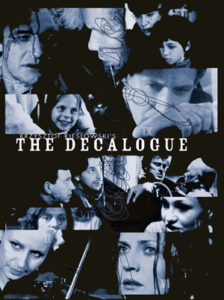
The Decalogue
Poland abolished the death penalty shortly after this 1988 television series of ten one-hour films based on the Ten Commandments. It took courage to challenge the idea that some people deserve to die, and courage to make this art under Communist rule.
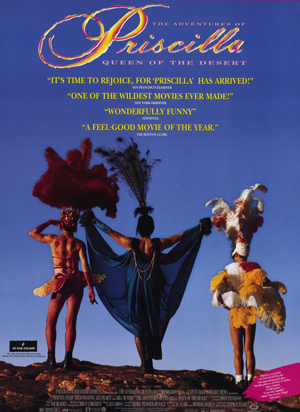
The Adventures of Priscilla, Queen of the Desert
Terence Stamp, the quintessential 1960s ladies’ man, did not know he would be resurrecting his career by playing a trans woman in this deliriously happy, mournfully truthful film. He just played the role as honestly as he could. It could have damaged his reputation, but instead, Priscilla brought LGBTQ stories to the mainstream like never before.
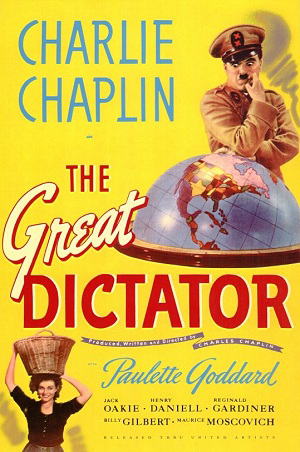
The Great Dictator
Charlie Chaplin ended up on Hitler’s target list for this satire about political tyranny, released during the Second World War.
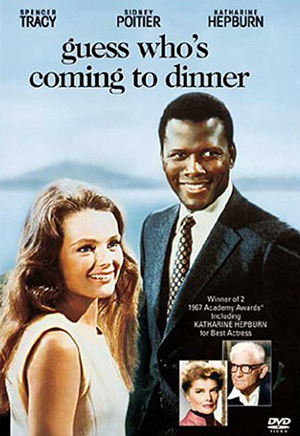
Guess Who’s Coming to Dinner
Interracial marriage was still illegal in 17 states only six months before this film was released, and many believed that white audiences wouldn’t go to a film starring a black actor. Sidney Poitier proved them wrong.
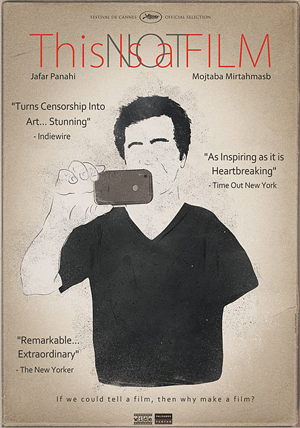
This Is Not a Film
The Iranian director Jafar Panahi has been arrested multiple times for making films that try to tell the truth about his country. This Is Not a Film had to be smuggled out of the country in a cake to be seen.
These films help us become more human, by making us look into the face of our neighbors and see ourselves. It takes courage to challenge the accepted order of things, especially to embrace the humanity of people it is popular to call enemies. The best way to criticize an unjust system is to live more justly. The best way to overturn an oppressive way of being is to tell a better story. And the best way we can honor courageous artists is to see their films, make a decision to change, and live better.
To find out about Rose’s thoughts on how to live a happier life, click here

